Comments from the Chair
Keep polluted air out of poor neighborhoods
Some argue all lives matter, and so we hope. However, when a house is on fire do we say to the fire department “but wait, all homes matter”? No we say “help! Put out that fire in that house, save those lives!”
We cannot have local environmental justice while the Spruce coal plants continue to severely pollute poor, largely people of color neighborhoods on the South Side of SA. CPS is a major contributor to our City of SA Budget, a large part of which goes to fund an overly-militarized police department, which functions without sufficient accountability.
Our schools and public health and mental health programs are badly underfunded. Efforts are underway, which we support, to change our local spending priorities to emphasize longer term solutions to our extensive lapses in education, income, health care in our economically segregated SA.
Put the “public” back in public utilities
We support reform initiatives for our “public” utilities. Please see the SAWS Act PAC Facebook page for a charter amendment proposal to reform SAWS.
Vista Ridge may be a “done deal” but its poisons continue to pollute our local governance. This amendment is a call to arms to “Put the Public Back” in our utilities.
We are also working on a similar proposal to rein in mismanagement and climate denial at CPS. We can no longer tolerate CPS polluting our air, harming our health and destroying our climate. The time to act to regain control of our public utilities is now.
We need 20,000 valid signatures from registered SA voters before the end of 2020. This will put the Alamo Group’s Charter Amendment proposals on the May, 2021 ballot, and finally force our elected officials to pay some attention to our concerns.
Save funding for Edwards Aquifer Protection Program
Mayor Nirenberg and the VIA Board have reached an agreement to place proposals on the November ballot which, if approved, will fund COVID-19 recovery efforts for up to three years, and then transfer funding in perpetuity to VIA.
This proposal would appropriate the 1/8 cent sales tax that funded the Edwards Aquifer Protection Program (EAPP) and the Linear Creek Parkway System, leaving no funding source to continue those programs. Until funding to continue those programs is identified and secured, our local Sierra Club will not support these rob-Peter-to-pay-Paul proposals.
Editors note: See below article (Act Now to Save the Edwards Aquifer Protection Program) to take action against this proposal.
Other Texas cities are proposing (like Austin this November) and passing (like Houston last November) multi-Billion dollar funding initiatives to expand their multi-mobile transit systems. We are arguing over a 1/8 cent sales tax that generates 20-30 Million dollars annually.
This will not begin to address our real VIA and broader mobility needs. The stalled ConnectSA plan likewise was largely a traffic congestion plan offering very little to provide viable alternatives to individual vehicular transportation for every mobility need.
This COVID-19 time is an opportune moment to look at redesigning our streets, especially downtown where pedestrian-only streets and bikeways could easily replace many streets, as done in other countries. These usually enhance downtown businesses, and with COVID-19, could be frequented with proper social distancing. Expanding safe, physically separate bikeways, around SA are projects that can be designed, budgeted and built fairly quickly with local workers helping our economy in COVID-19 recovery, while responding to the big COVID-19 increases in people buying and using bicycles.
General meetings continue online
Eco Centro remains closed into fall so we are continuing our monthly General Meetings online on the usual third Tuesday. August 18th will be a very important discussion of utility charter amendments. On August 11th, we're hosting a special joint meeting (details below) with the Austin group, featuring Congressman Lloyd Doggett. Please check the Alamo Group Meetings calendar, and your email, for updated information.
Volunteers needed for social media
Our Group has accounts on Facebook, Twitter and Meetup. We seek volunteers to manage and contribute to these accounts to make our charter amendments successful. We are trying to make these sites more useful, timely and interesting for viewers. Please help us! Send stories, “like” and share our posts, etc..
Volunteers needed for November elections
Voting is a fundamental democratic right and a privilege and responsibility all Americans should value greatly and exercise regularly. Many voting restrictions and misinformation are out there to discourage and confuse voters.
I urge everyone to be absolutely certain, wherever they live, that they are registered to vote, and they know they can meet the identification requirements Texas imposes on voters.
Sierra Club will be running Charter and candidate advocacy campaigns and we need volunteers! Go to “Contact Us” and reach out to anyone for assistance. Thank you!
by Terry Burns, M.D., Alamo Group ChairCongressman Lloyd Doggett on the November Election: Special Online Meeting
Join Congressman Lloyd Doggett as he discusses the importance of the November election for our health, our climate, and the future of our democracy. This special online meeting is a joint presentation of the Austin and Alamo Groups of the Sierra Club.
Tuesday, August 11th
7:00 p.m.
Online via Zoom
After Rep. Doggett speaks, the Sierra Club will present how we plan to help fight for champions of justice, equity, and the environment in the November elections, and how you can become involved.
U.S. Representative Lloyd Doggett served in the Texas Senate for nearly 11 ½ years, as a Justice of the Texas Supreme Court for 5 years when he lectured at the UT Law School, and has been a member of the U.S. House of Representatives for the past 25 ½ years.
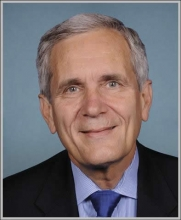
In the House, Rep. Doggett has championed progressive causes in many areas including the environment, education, health care, preventing child abuse, reducing prescription drug prices, fighting poverty, and eliminating multinational tax shelters and loopholes. The many important bills he helped or fought to pass are too numerous to mention.
The League of Conservation Voters has given Rep. Doggett a 97% lifetime rating. He has also received a 100% rating from Clean Water Action, Defenders of Wildlife, the Sierra Club, Environment America, National Parks Conservation Association, and from groups advocating for pro-choice, the Arts, campaign finance reform, civil liberties, education, gun control, better health, immigrants, unions, children, seniors, women, veterans, and others. He has received awards from many of these groups, including the Sierra Club.
Rep. Doggett has frequently challenged Trump policies, choosing to skip Trump’s inauguration to speak at the 2016 Texas Women’s March in Austin, the largest march Texas has ever seen. Join us to honor and learn from our superb representative to Congress.
Join us via Zoom at https://us02web.zoom.us/j/5133069449 or go to Zoom.us, either using their small app or via the web, “Join a Meeting”, and enter the code 5133069449.
This special meeting is free and open to the public.
Act Now to Save the Edwards Aquifer Protection Program
San Antonio is fortunate to have one of the most prolific karst aquifers in the world under our feet. But, the Edwards Aquifer and its Great Springs are highly vulnerable because of their unique geology and hydrology. Has San Antonio spent what is needed to protect our primary source of water? What will passage of competing sales tax initiatives mean for the City's efforts to protect the Edwards Aquifer?
Since 2000, San Antonio voters have voted four times to dedicate one-eighth of a cent of our sales tax to buying land and conservation easements to protect the Edwards Aquifer Recharge and Contributing zones and creating a marvelous system of riparian trails. To date 160,330 acres of critical lands protected through the Edwards Aquifer Protection Program (EAPP) and 47 miles of trails and linear parks have been created through the Greenway Trails program.
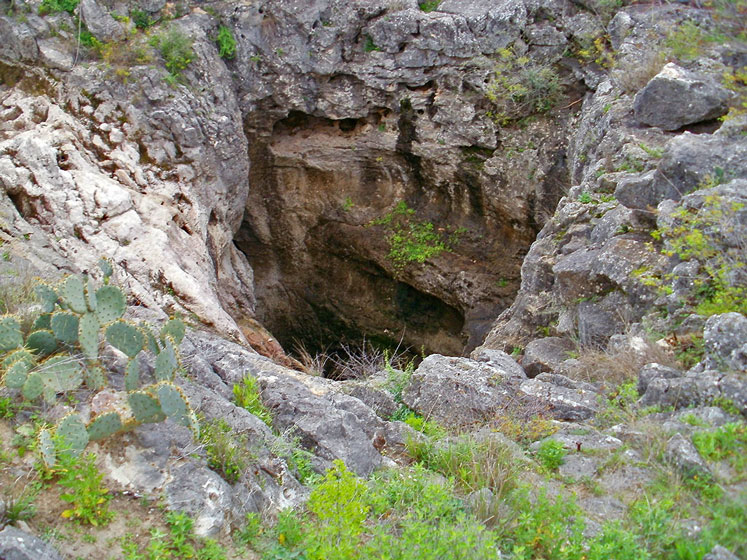
But now our Mayor and City Council may put these programs in jeopardy by shifting the entire available sales tax allocation to funding to Prek4SA, workforce development, and VIA. If these initiatives pass on the November 2020 ballot, there will be no future sales tax funding to continue the EAPP and Greenway Trails. They would do this when our Edwards Aquifer Recharge and Contributing zone lands are being developed at breakneck pace. San Antonio needs to continue this critical effort to save our water supply and vulnerable Hill Country watersheds before it’s too late.
Dr. Ron Green, member of the City of San Antonio's Edwards Aquifer Protection Program Scientific Evaluation Team joined me to discuss the Edwards Aquifer Protection Program, how and where the Aquifer recharges, and what is needed to protect this marvelous resource. You can watch this discussion here.
Unfortunately, our Mayor and City Council members have declined to hear this presentation and are set to vote on eliminating sales tax support for this important program without having all the facts. The San Antonio City Council will likely vote on the compromise ballot initiatives by August 13th so, we have a short window of time to ask the City Council to refrain from adding these to the November 2020 ballot.
Can you take a moment to send this message to your City Council Representative? All you need to do is copy the letter, click on the address of your council representative, paste and fill in the appropriate names in the body of the e-mail.
Dear (Mr./Ms. City Council member name),
I’m writing as a concerned citizen who resides in District (X).
The recent plan announced by the city to have PreK for SA and a shared sales tax between COSA and VIA without regard to Edwards Aquifer Protection Program (EAPP) is simply wrong. To the best of my knowledge, there was no discussion or presentation to City Council to provide evidenced based information regarding the need for continued Aquifer protection, whereas there were presentations made by PreK4SA and ConnectSA. To leave the EAPP completely out of your discussion on future allocation of sales taxes is unconscionable.
Although you have declined the opportunity to be briefed on the need to continue the EAPP, you can learn what the Scientific Evaluation Team members and experts have determined by watching this presentation.
To deprive the voters of San Antonio of a complete range of choice regarding where to allocate COSA’s portion of the sales tax is even more egregious. The purpose of the sales tax is to benefit the citizens of San Antonio and the citizens deserve to have a fair choice among ALL the options.
There are some fundamental assumption flaws at play here.
- That voters are unable to choose between competing initiatives. The voters deserve an opportunity to weigh in on all the alternatives, not just the ones the City Councils wants to put forth.
- That the choices are mutually exclusive. Why can't we equitably split the full 1/4 cent sales tax (currently 1/8 to PreKforSA and proposed 1/8 for workforce development & VIA) across all important initiatives: EAPP, Greenway Trails, VIA, workforce development, and PreKforSA?
We believe that there is a simple way to successfully pursue support to address many needs in our City, not the least of which is protecting our primary source of water. I urge you to include the Edward Aquifer Protection and Greenway Trails programs in the proposition voters will consider in November 2020.
Respectfully,
(Your Name)
Your Address
Call your City Council Representative at 210-207-7040 or Mail to: P.O. Box 839966, San Antonio, TX 78283 or e-mail:
- Roberto Treviño – District1@sanantonio.gov
- Jada Andrews Sullivan – District2@sanantonio.gov
- Rebecca Viagran – District3@sanantonio.gov
- Dr. Adriana Rocha Garcia – District4@sanantonio.gov
- Shirley Gonzales – District5@sanantonio.gov
- Melissa Cabello Havrda – District6@sanantonio.gov
- Ana Sandoval – District7@sanantonio.gov
- Manny Peláez – District8@sanantonio.gov
- John Courage – District9@sanantonio.gov
- Clayton Perry – District10@sanantonio.gov
If City Council representatives don’t hear from us now, the prospect that the Edwards Aquifer Protection Program and the Greenway Trails will be permanently defunded is very real. Please reach out to your members, friends, and allies and ask them to let City Council know that these programs are important and worthy of their support.
by Annalisa Peace, Executive Director, Greater Edwards Aquifer AllianceRain Forests in Olympic National Park
In Olympic National Park, there are different ecosystems: rain forest, coastal, mountains and rivers/lakes. Here is the park's website and maps page.
On the Western side of Olympic, rain forests get over 100 inches of rainfall annually, of which nearly 20 inches/month fall during winters while as little as 3 inches/month fall during summers. Because it's in the rain shadow of the Olympic Mountains, the east side of the park gets less than 20 inches/year.
Mount Olympus gets over 50 feet of snow annually, but with climate change the glaciers are retreating quickly. Here is the park's weather page.
The rain forests are most dramatic and easily accessible by trails along the four rivers that run to the ocean. From north to south they are: the Bogachiel which joins the Quillayute, Hoh, Queets and Quinault. See the Hoh River trail in the 2nd picture below.
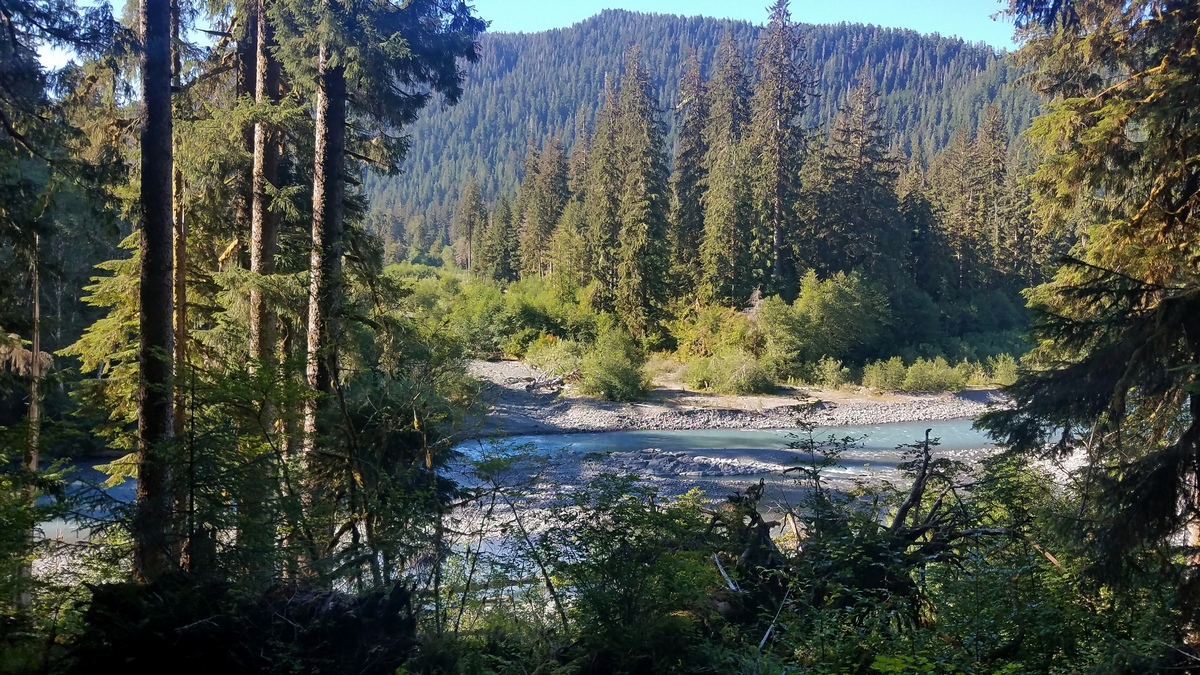
There will be future articles in this newsletter about the coast and mountains of the Olympic Peninsula. In our February, 2020 newsletter, there were a couple of pictures near Cape Alava, westernmost point in the lower 48 states. The cape is in the Ozette Indian Reservation which is surrounded by the national park.
Outdoor Project has a pile of good guides and maps for Olympic. From the overview page here are links on the Quinault and Queets and Hoh rain forests and nearby areas.
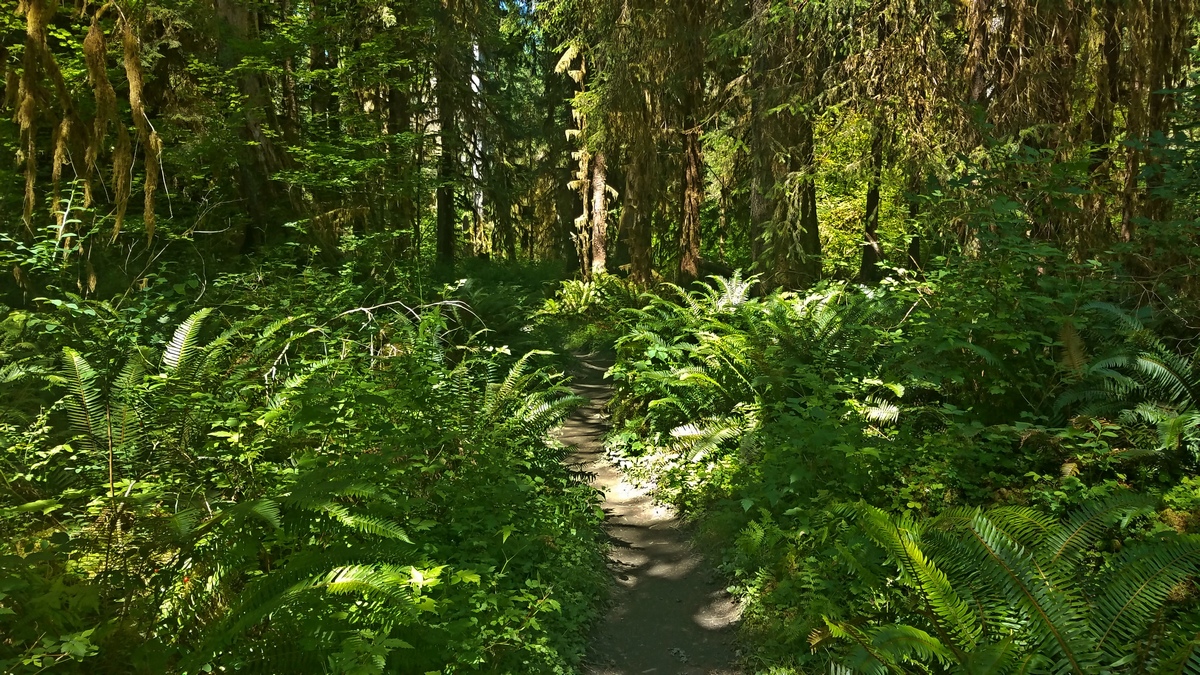
I visited in late July 2019. It didn't rain at all. The campgrounds near villages and on the coast were full, and some were reservations only. The campgrounds at ends of the roads along the rivers were fine; for example Graves Creek campground at the end of Quinault River road.
Related to the picture above of the Hoh River, here's a general article on elk overpopulation. With elimination of wolves on the Olympic peninsula the elk have no predators. They over-browse the vegetation.
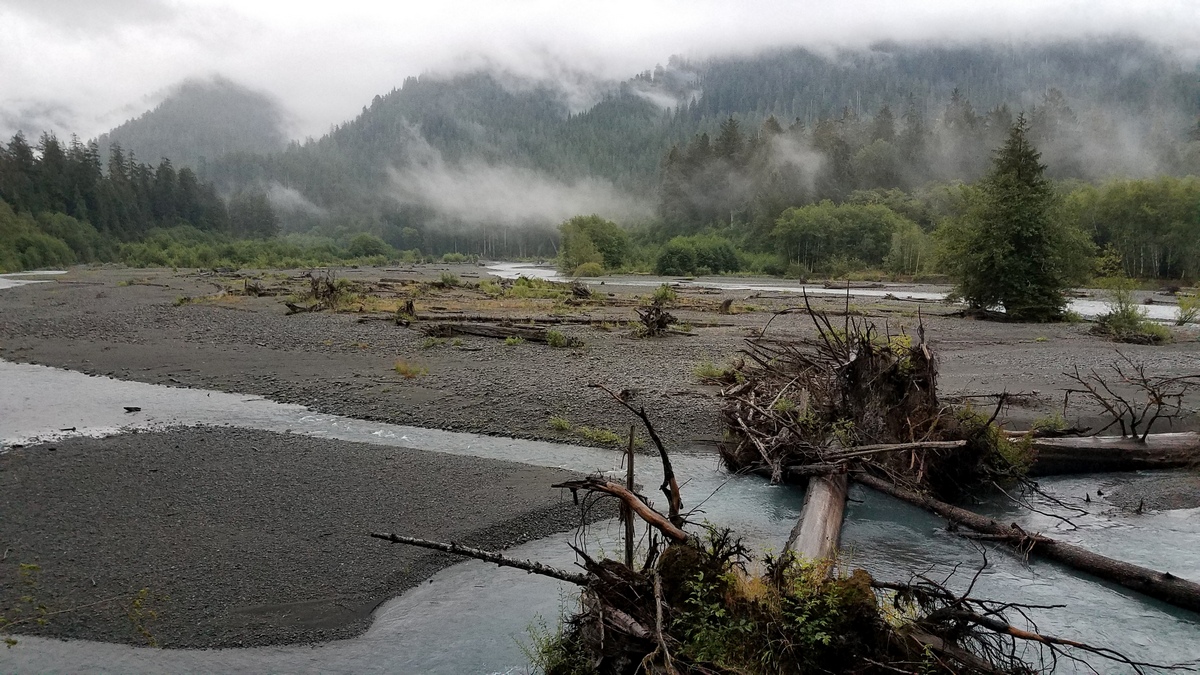
After seeing the elk herd mentioned above I encountered a couple backcountry rangers and asked about the elk population, and suggested we should bring back wolves as was done in Yellowstone National Park. They said that was a contentious issue; I'm sure it is!
A trophic cascade resulted from the elimination of wolves. In Yellowstone this was in part reversed (scientific study) when wolves were re-introduced; the wolves caused the elk to leave some areas, particularly along water courses. Aspen flourished again there, and in turn beaver did well again. The beaver restored wetlands, resulting in insects, fish, amphibians, reptiles, and birds doing well in succession. There was an article in our December 2018 newsletter (with a picture) about the Lamar Valley in Yellowstone where wolves were first re-introduced.
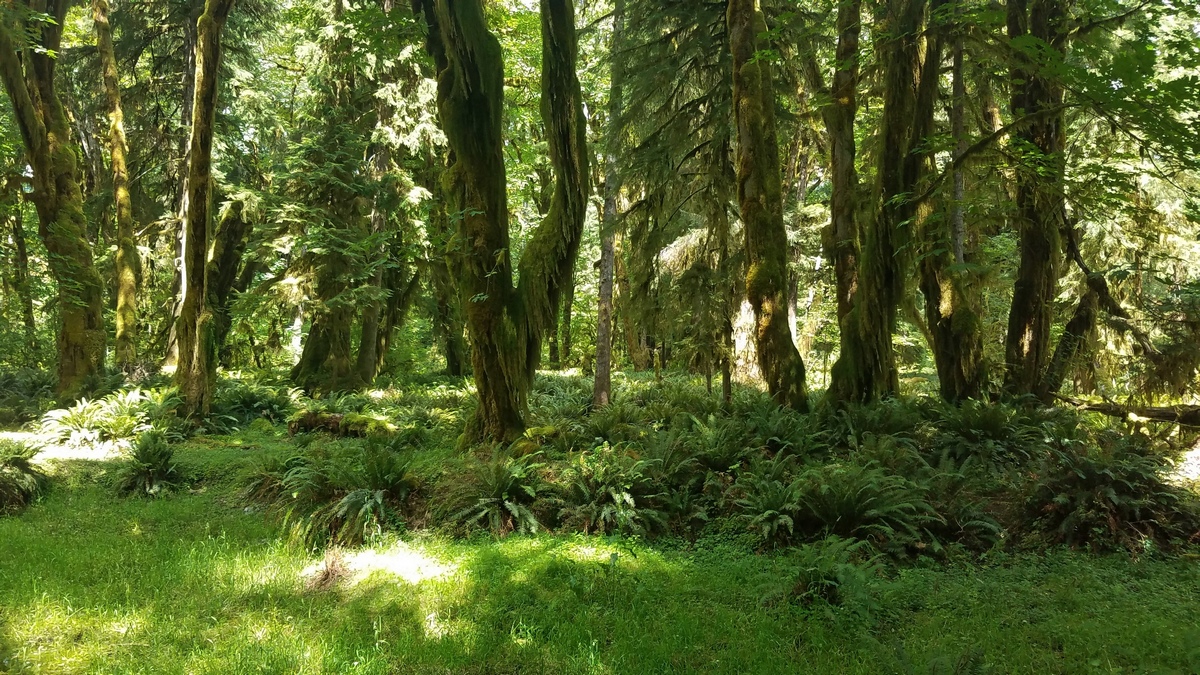
Sign the Petition to Save Guadalupe River State Park & Honey Creek State Natural Area
One of the clearest-flowing streams in the Texas Hill Country is under threat from the Urbanczyk family’s (aka Silesia Properties) plans to build a D.R. Horton Homes subdivision of 2,396 new homes on the 592 acre Honey Creek Ranch just outside of Bulverde, Texas. Polluted storm and wastewater from this high-density subdivision will flow into Honey Creek upstream of Honey Creek State Natural Area and Guadalupe River State Park.
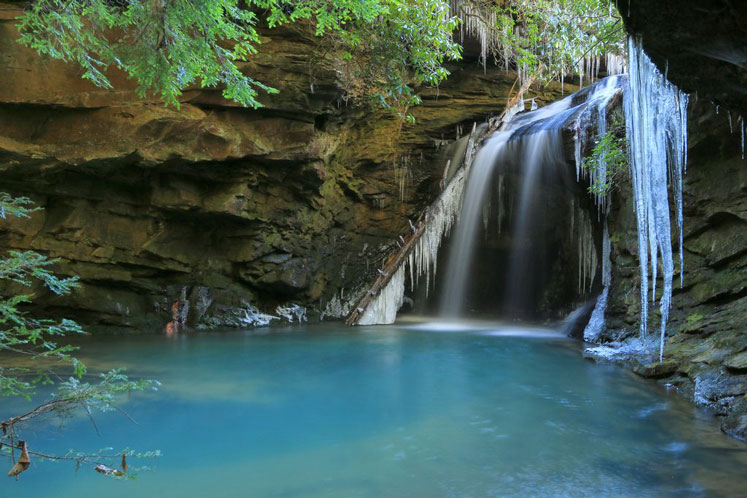
Also threatened is Honey Creek Cave, the longest cave in Texas and a direct conduit to the Edwards Aquifer and nearby drinking water supply wells. Both the Honey Creek State Natural Area and the Guadalupe River State Park are Texas taxpayers’ investments and serve as recreational destinations and as sanctuaries for native aquatic species.
Building six homes per acre on the Honey Creek Ranch will degrade the water and the surrounding parks that bring considerable value to local residents and visitors, both in economic and recreational opportunities. In time, the water flowing through Guadalupe River State Park could become unsafe for swimming and contact recreation.
Sadly, if done right, the Honey Creek Ranch subdivision could be a model of sustainable development. Efforts to work with the Urbanczyk’s representatives have thus far proven futile. We need your help to mount a campaign to make sure that one land flipping family does not despoil a treasured Texas ecosystem.
Please sign this petition to Save Honey Creek. More information is on the Save Honey Creek Facebook page.
by Annalisa Peace, Executive Director, Greater Edwards Aquifer Alliance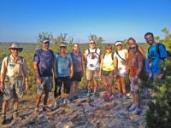
Outings: The Call of the Wild
Visit the Alamo Sierra Club Outings page on Meetup for detailed information about all of our upcoming Sierra Club Outings.
The Alamo Sierran Newsletter
Richard Alles, Editor
Published by The Alamo Group of the Sierra Club, P.O. Box 6443, San Antonio, TX 78209, AlamoSierraClub.org.
The Alamo Group is one of 13 regional groups within the Lone Star Chapter of the Sierra Club.
Changed your mailing address?
Have you moved? Let us know by sending your old address, your new address and your member ID (see: Locating Your Member ID) to: address.changes@sierraclub.org.
Go online for the latest news and events
 |